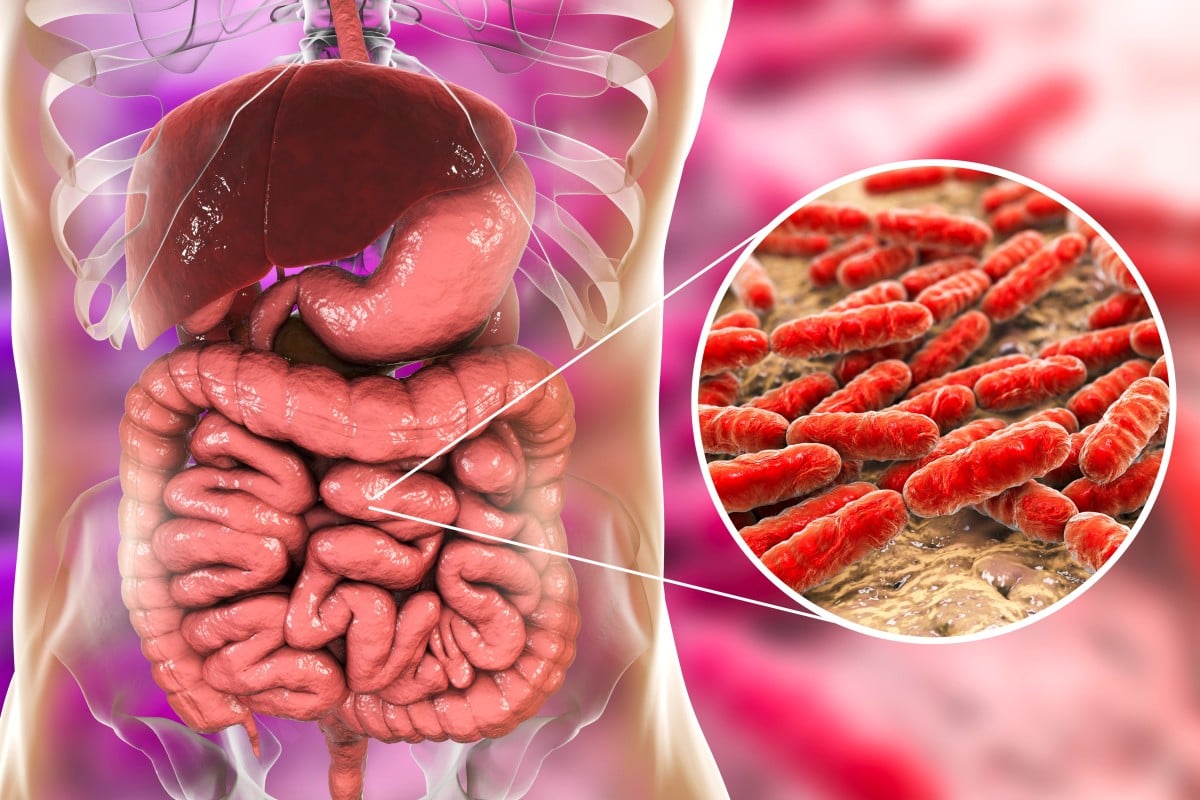According to new research from the American Society for Microbiology, the composition of your gut bacteria can make a significant difference to how easily you lose weight.
“Your gut microbiome can help or cause resistance to weight loss and this opens up the possibility to try to alter the gut microbiome to impact weight loss,” said lead study author Dr Christian Diener, a research scientist at the Institute for Systems Biology in Seattle, Washington.
Gut bacteria: influencing your ability to lose weight

To carry out their research on gut bacteria, the researchers began by looking at a large cohort of individuals who were involved in a lifestyle intervention study. Instead of following a specific diet or exercise regimen, this subjects were enrolled in a commercial behavioral coaching program and given advice by a dietician and nurse.
The researchers identified and compare 48 individuals who lost more than 1% of their body weight per month over a 6-12 month period with 57 individuals who did not lose any weight and had a stable body mass index (BMI) over the same time frame. The researchers relied on metagenomics, which studies genetic material taken from blood and stool samples. The researchers analyzed blood metabolites, blood proteins, clinical labs, dietary questionnaires and gut bacteria in the two groups.
After controlling for age, sex and baseline BMI, the researchers identified 31 baseline features that were associated with weight loss responses, including complex polysaccharide and protein degradation genes, stress-response genes, cell wall synthesis genes, respiration-related genes and gut bacterial replication rates.
One of the most significant findings was that the ability of the gut microbiome to break down starches was increased in people who did not lose weight. Another key finding was that genes that help bacteria grow faster, multiply, replicate and assemble cell walls were increased in people who lost more weight.
Gut bacteria also influence brain development

Babies that are born extremely premature are at severe risk for brain damage. Researchers now believe that gut bacteria may play a key role in this process. In a new study published in the journal Cell Host and Microbe, they show that overgrowth of bacterium Klebsiella is associated with an increased presence of a particular kind of immune cells and the development of neurological damage in premature babies.
Other studies have shown the role of the gut bacteria in proper brain development in adolescents. A rat study showed that the presence of Parabacteroides in their guts as a result of excessive sugar consumption could lead to serious cognitive impairment.
It’s not for nothing researchers are now calling the gut “the second brain”…
“Before this study, we knew the composition of bacteria in the gut were different in obese people than in people who were non-obese, but now we have seen that there are a different set of genes that are encoded in the bacteria in our gut that also responds to weight loss interventions,” said Dr. Diener.
“The gut microbiome is a major player in modulating whether a weight loss intervention will have success or not. The factors that dictate obesity versus nonobesity are not the same factors that dictate whether you will lose weight on a lifestyle intervention.”
Research has already shown that if you change your diet, you can alter the composition of bacteria in your gut. According to Dr. Diener, if someone has a composition of gut bacterial genes that confers resistance to weight loss, then perhaps you can alter their diet to shift to a composition that would help them lose weight.
A stomach protein that makes you lean
A recent study from the Indiana School of Medicine has shown that a special protein (GKN1) found in the stomach plays a key role in weight gain. The research may lead to new medical interventions to help those who struggle to lose weight and maintain weight loss.
In a recent article we discussed the implications of this new research in depth.
“While diet and exercise are critical to maintaining a healthy weight, some individuals struggle with weight loss — even in cases of bariatric surgery [i.e. stomach stapling], maintaining weight loss can be a challenge,” said one of the co-authors of the study. “These results are an example of how a better understanding of the gut microbiome and the physiological aspects of obesity — how our bodies regulate metabolism and accumulate body fat — could help inform new therapies.”
In the future, we may expect new forms of treatment for obesity that focus on proteins like GKN1 rather than conventional strategies involving calorie-restriction and exercise.











